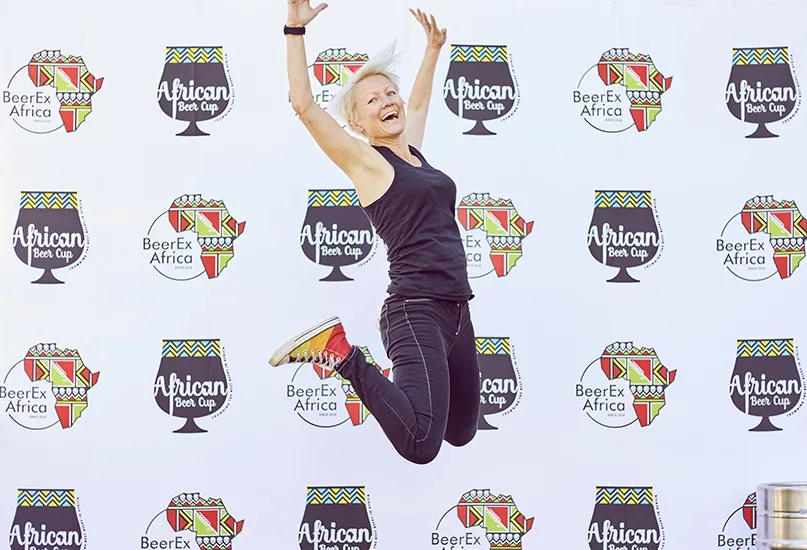The African Beer Cup stands proudly as the largest beer competition across the entire continent. We grab a cold one and hear all the glorious, hoppy details from co-Founder and Competition Director, Lucy Corne.
CROWNING THE BEST BEERS IN AFRICA
Firstly, please could you introduce us to the African Beer Cup?
Lucy Corne, co-Founder and Competition Director (LC): We are the biggest beer competition on the continent! The competition kicked off in 2019 as the brainchild of myself and my husband, Shawn Duthie.
We partner with Romina and Mario Delicio, who run a local company, Bevplus, which deals with the distribution of beer ingredients and equipment. It is unique in that all beers entered into the competition get judged twice, meaning that brewers receive detailed feedback on their beers and the most detailed and fairest possible scoring of their entries.
Could you tell us more about the competition’s inception and its founding purpose?
LC: I had judged in a few international competitions and felt that we could bring back that knowledge and set up something similar here. There were several goals for us – to adhere to international beer judging standards, with the aim of uplifting African beer culture and also improving the quality of beers across the continent.
The other goal was to help educate our judges and brewers. We have a number of qualified beer judges here, but many of them don’t get the opportunity to travel extensively and thus they don’t always get to taste world-class examples of beer styles, such as English bitter from the UK, witbier from Belgium and American IPAs from the US West Coast.
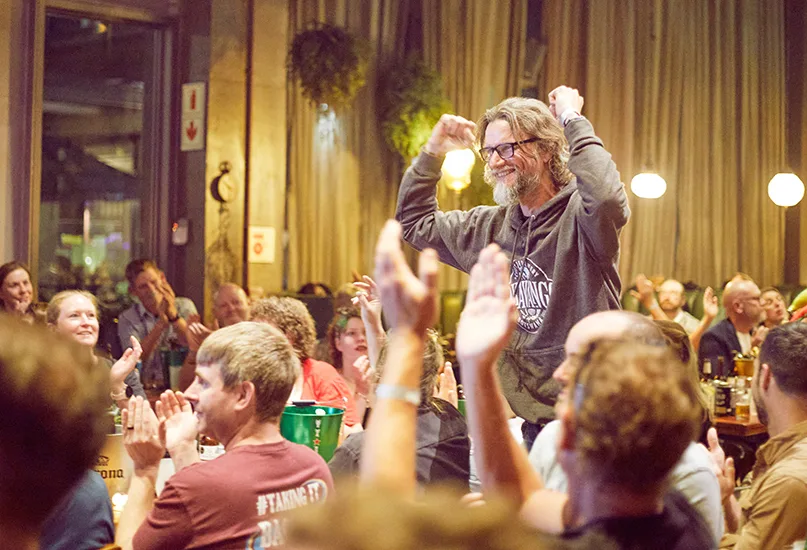
What is your take on the beer industry across the continent, and how has it evolved since the African Beer Cup began?
LC: We have suffered setbacks, partly because of the economy and of course because of the COVID-19 pandemic. Many African countries had total alcohol bans, which of course isn’t great for the industry! Still, we are seeing growth again now. South Africa (SA) has the largest number of breweries – around 150, but there is noticeable growth in other countries too, both in terms of the number of breweries as well as the quality and variety of beers on offer.
How would you say the African Beer Cup helps promote both large and small breweries across the continent?
LC: It’s important to us that the competition is not just about craft beer. The majority of people on the continent – and indeed the rest of the world – drink beer from microbreweries, and they compete against the smaller guys.
We work hard after the competition to promote the winning beers with tastings and events around the country.
Moving on to this year’s competition, can you tell us more about 2025’s winner of the Best Beer in Africa category, Wild African Soul?
LC: It is a truly unique beer that celebrates African brewing. Brewed in the Cape Winelands in SA, the beer is a blend of Soul Barrel Brewing’s (SBB) Farmhouse Ale and traditional umqombothi, an ancient brew that uses sorghum and maize.
The beer was brewed in collaboration with Tolokazi Beer in Johannesburg. SBB’s owner, Nick Smith, is an expat American who has truly embraced his new home and is the number one cheerleader for using all that is local, such as pinotage grapes, natural yeasts that float in on the breeze, South African hops, and even his own house-malted grains.
The beer was also entered in the Speciality African Beer category, which is unique to our competition and designed for beers that use traditional brewing ingredients such as sorghum, millet, and fonio, as well as local hops and botanicals.
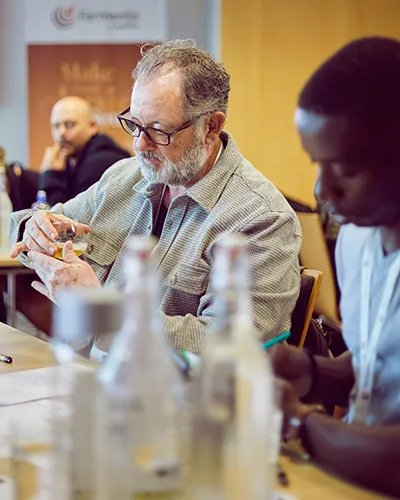
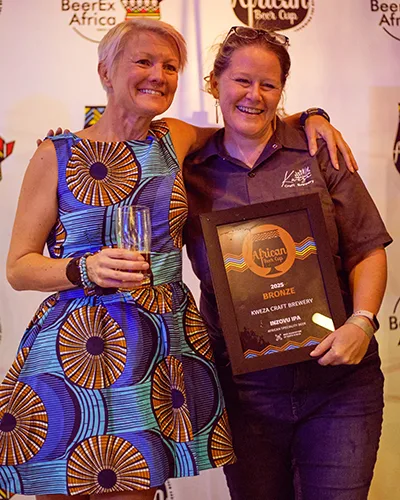
What elements does it take to win the accolade?
LC: First, the beer must wow the judges in rounds one and two, as only the gold medallists are eligible to win the title of Best Beer in Africa.
This year, we had 17 gold medals, which were retasted against each other by our most experienced judges. Wild African Soul is a deeply complex beer which wowed the judges in a very tough field.
Could you also talk us through the decision to include a new category, Fruit Flavoured Beers, in this year’s competition?
LC: Many drinkers across the continent have something of a sweet tooth, and sweetened, fruit-flavoured beers are a growing trend across Africa. These beers used to be entered in the Fruit Beer category but typically would not perform well against other beers.
Fruit-flavoured beers tend to use essences or flavourings as well as a sweetener – typically aimed at capturing non-beer drinkers. We thought it was important to recognise that whilst these beers aren’t popular the world over, they have a place in the African beer scene and deserve to be recognised in the competition.
We held panels earlier in the year to create tasting notes and then wrote guidelines for the style. We had quite a few entries and it was great to see these beers get recognition in the competition.
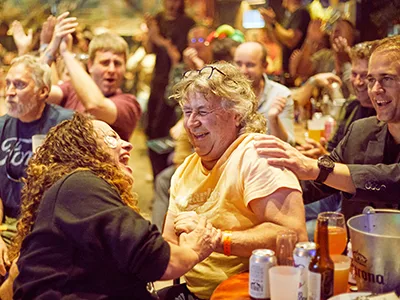
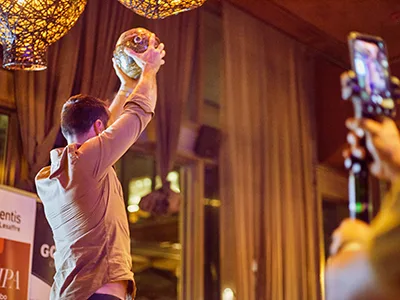
Looking ahead, what can beer lovers expect from the African Beer Cup in 2026?
LC: We will likely be adding a few new categories next year – watch this space! We are also planning to hold some events around Africa to promote the competition and hopefully get more people around the continent interested in judging beer, as at the moment there are only qualified judges in SA, Zambia and Zimbabwe.
Another thing we would really love to do is to include traditional African beer (usually sorghum or millet-based) in the competition, but it does present some issues due to shelf life and a lack of judges who are knowledgeable about the style.



